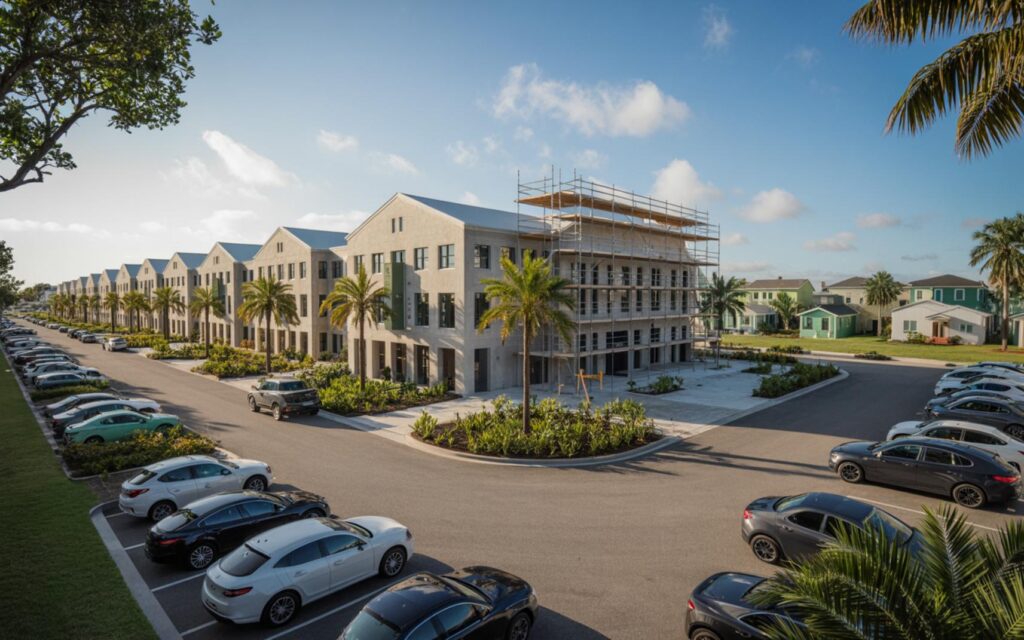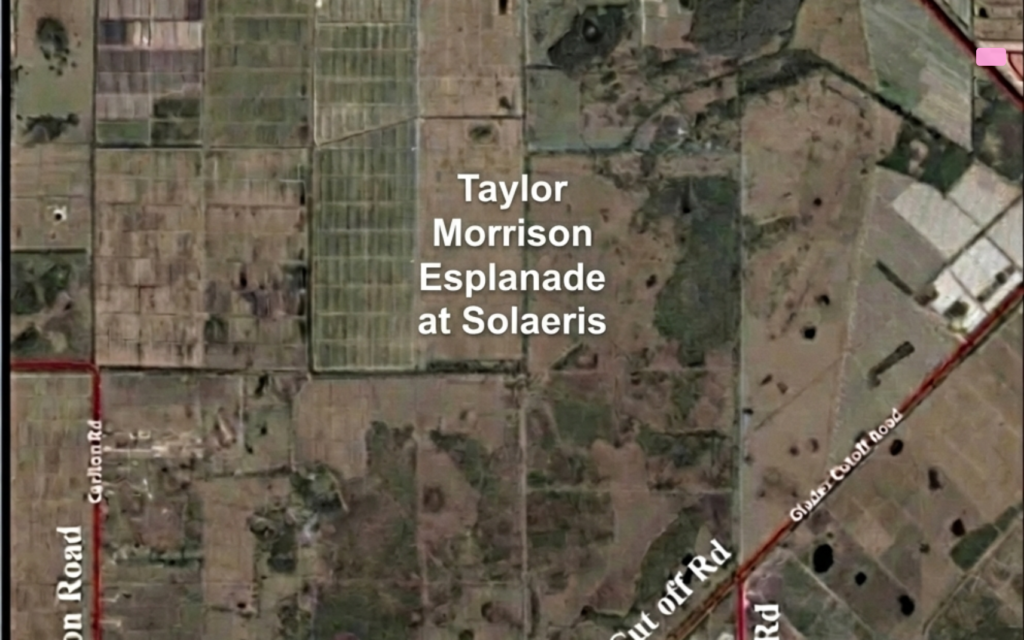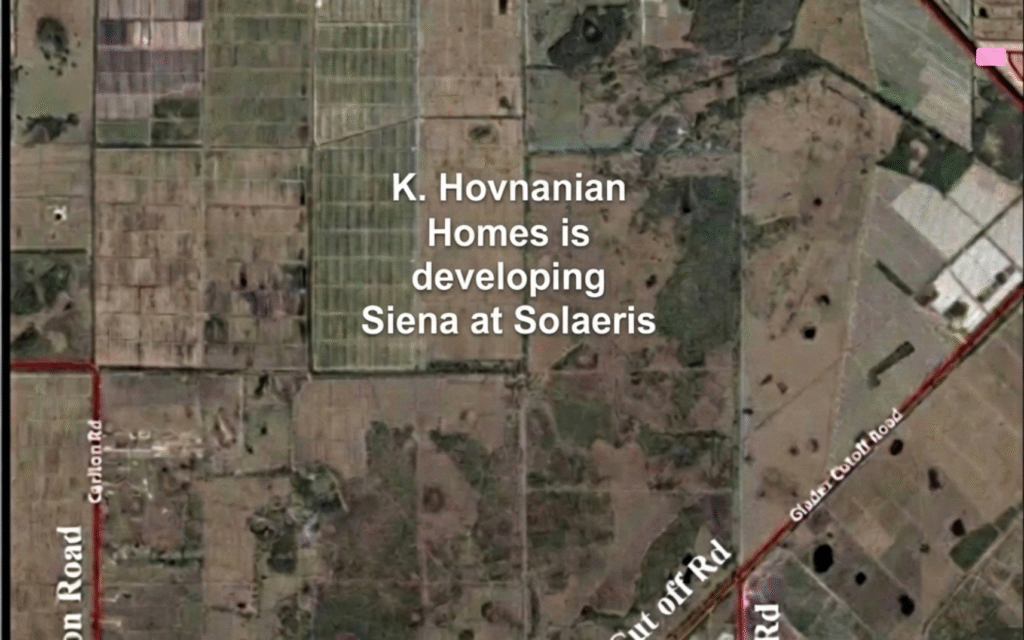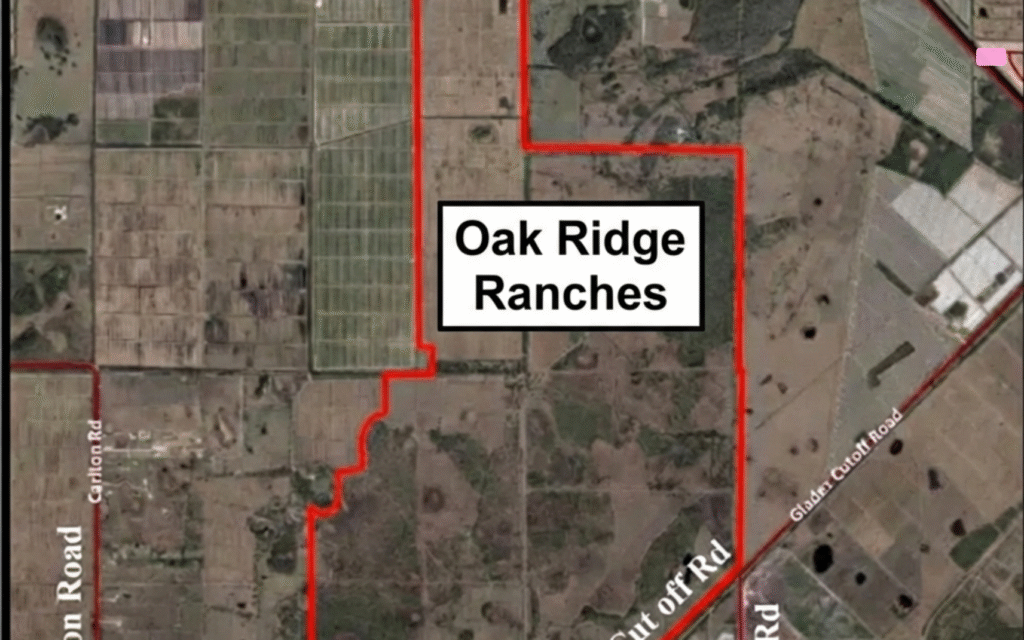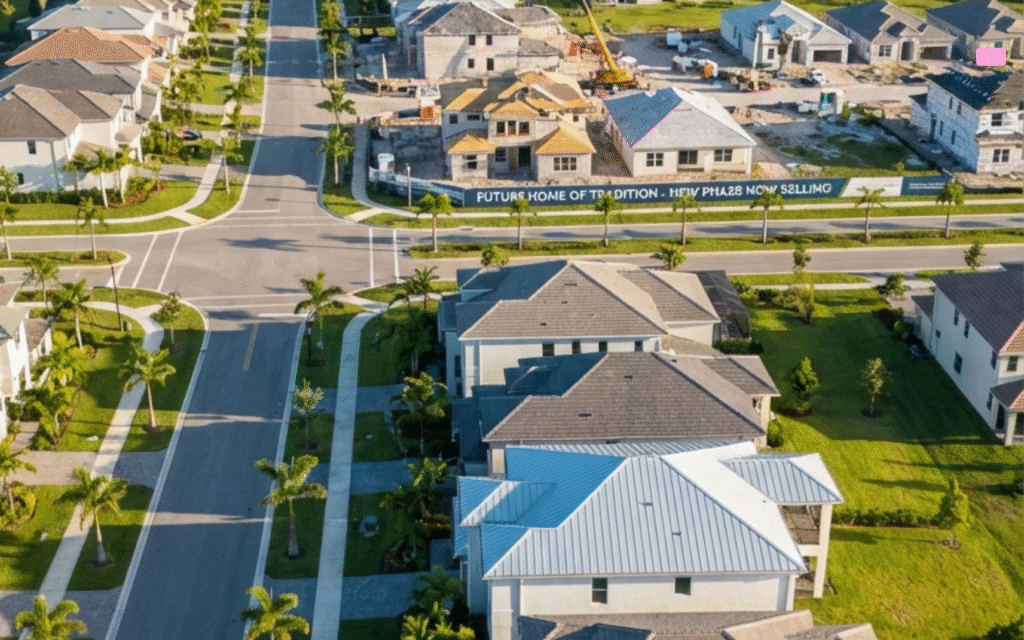The National Flood Insurance Program deadline is fast approaching, raising concerns across Florida about the potential impact on real estate and homeowners. The program, which covers nearly 1.8 million policyholders in the state, faces an uncertain future as its reauthorization is tied to a possible federal government shutdown.
National Flood Insurance Program Deadline and Florida’s Risk
The National Flood Insurance Program (NFIP) must be reauthorized by Congress to continue operating. According to the Federal Emergency Management Agency (FEMA), the current deadline for reauthorization is September 30. If the program lapses, no new flood insurance policies can be issued after 11:59 p.m. on that date.
Florida stands to be affected more than any other state. With its extensive coastline and low-lying geography, the state has the largest number of NFIP policyholders in the United States. According to FEMA, nearly 1.8 million Florida residents rely on the program for flood coverage. For a broader perspective on the state’s housing environment, see the latest update on Florida’s housing market and active listings.
Potential Effects of a Lapse in Flood Insurance Coverage
If the National Flood Insurance Program is not renewed, the consequences could be immediate for Florida homeowners and the real estate market. According to a preliminary FEMA report, valid claims on existing policies would still be paid, but no new policies could be written. This restriction could disrupt property sales in high-risk flood zones, where flood insurance is often required for mortgages.
Policyholders with expiring contracts during hurricane season may also face a lapse in coverage unless premiums are paid before the deadline. FEMA reported that the program’s authority to borrow funds would be capped at $1 billion, potentially causing delays in claim payments until additional premiums are collected.
Impact on Real Estate Transactions
The National Association of Realtors and the National Association of Home Builders estimate that approximately 1,300 real estate closings per day could be affected nationwide if the NFIP lapses. In Florida, where flood risk is high, this could stall numerous transactions, particularly in coastal and flood-prone areas.
According to mortgage industry experts, buyers in high-risk zones may be unable to secure required flood insurance, preventing them from closing on properties. Loan officers and real estate professionals have expressed concern that this uncertainty could further strain housing affordability in the state. For those interested in local market specifics, it’s worth exploring home price trends in the Port St. Lucie metro area to understand how these issues may impact regional real estate activity.
Government Response and Legislative Efforts
Efforts are underway in Congress to prevent a lapse in the National Flood Insurance Program. U.S. Representative Jared Moskowitz, whose district includes parts of southern Palm Beach County, is leading a push to extend the program through the end of 2026. A continuing resolution passed by the U.S. House would extend NFIP coverage through November 21, 2025, matching the timeline for overall government funding.
However, according to official sources, the program’s future remains uncertain as broader budget negotiations in the U.S. Senate take priority. The situation is being closely monitored by insurance agencies, real estate professionals, and state officials throughout Florida.
Historical Precedent and Ongoing Uncertainty
The National Flood Insurance Program has faced expiration threats 33 times over the past eight years. According to FEMA, each time the program has ultimately been renewed, sometimes after a brief lapse. Industry leaders believe the program’s importance to the housing market and the broader economy makes a long-term lapse unlikely.
Mark Friedlander, senior director of the Insurance Information Institute, reported that in 2023, nearly 52% of all NFIP claims paid out nationwide went to Florida policyholders. This underscores the state’s reliance on federal flood insurance support. Notably, Port St. Lucie has been ranked as the best real estate market in Florida for 2025, highlighting its resilience even amid insurance uncertainties.
Private Flood Insurance: An Alternative for Florida Homeowners?
As uncertainty grows around the National Flood Insurance Program, some Florida residents are exploring private flood insurance options. According to Robert Norberg, president of Arden Insurance Associates, the private flood insurance market has expanded in recent years, providing more choices for homeowners.
However, private policies can be significantly more expensive, especially for properties in high-risk flood zones. Andy Kasten, owner of Creative Financial Property & Casualty Group in Fort Lauderdale, noted that many homeowners may face higher premiums if forced to turn to private insurers.
Citizens Property Insurance Corporation, the state-run insurer of last resort, now requires all its homeowner policyholders to carry flood insurance, further increasing demand for both federal and private options.
Long-Term Outlook for Flood Insurance in Florida
Despite recurring threats of expiration, many industry experts believe the National Flood Insurance Program will continue in some form. According to Norberg, the program is considered essential by banks and lenders, who require flood insurance for properties in designated high-risk areas.
Officials advise homeowners and buyers to stay informed and consult with insurance professionals as the reauthorization deadline approaches. Details may be updated as the situation develops and as Congress continues to debate the program’s future.
Frequently Asked Questions About the National Flood Insurance Program
What is the National Flood Insurance Program?
The National Flood Insurance Program (NFIP) is a federal program managed by FEMA that provides flood insurance to property owners in participating communities. It helps protect homes and businesses from flood losses, especially in high-risk areas.
How much does flood insurance cost in Florida?
The cost of flood insurance in Florida depends on the property’s location, flood zone, and coverage amount. Premiums can range from a few hundred to several thousand dollars per year, with higher costs for properties in high-risk flood zones.
Are there alternatives to the National Flood Insurance Program?
Yes, private flood insurance options are available in Florida. However, private policies may have higher premiums and different coverage terms compared to NFIP policies.
Can you buy new flood insurance during a program lapse?
No, according to FEMA, if the National Flood Insurance Program lapses, no new policies can be issued until it is reauthorized. Existing policies remain in effect, and valid claims will still be paid.
Where are the highest numbers of flood insurance policies in Florida?
Florida has the most NFIP policyholders in the United States, with large concentrations in coastal counties and flood-prone areas. Cities like Miami, Tampa, and Jacksonville have significant numbers of active policies.
Port St Lucie Talks




